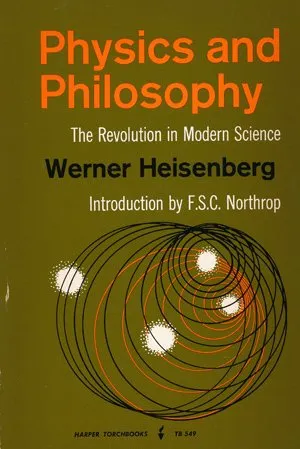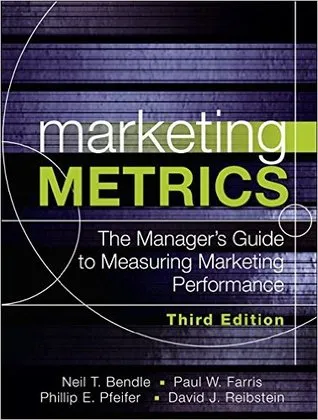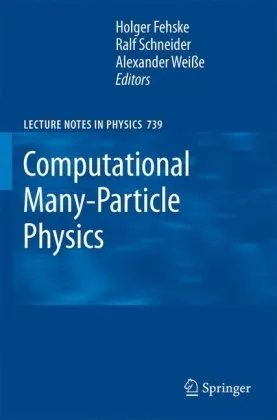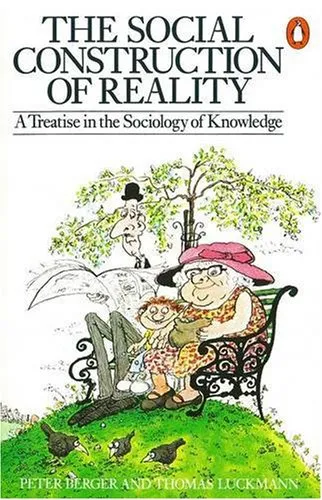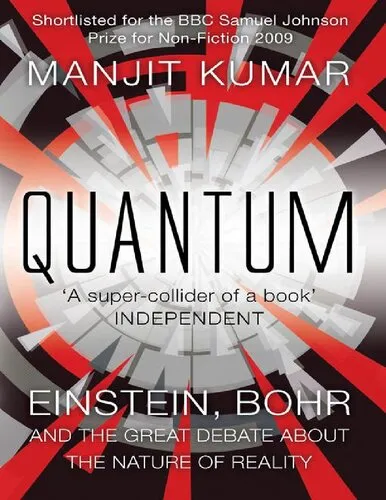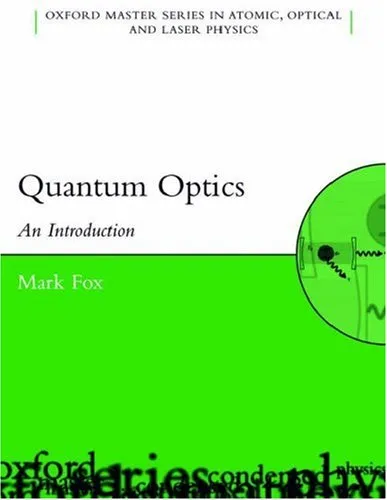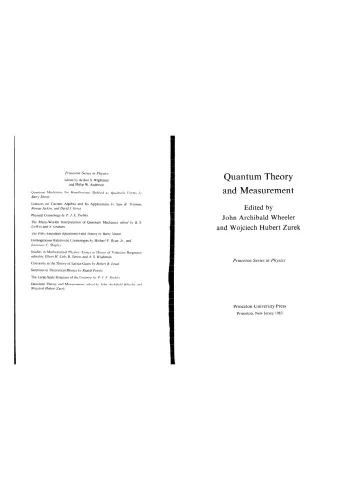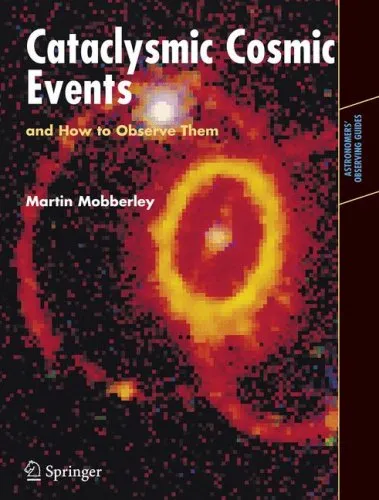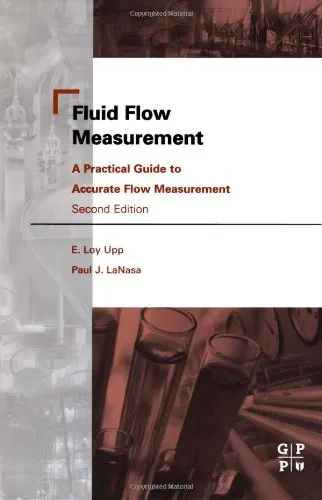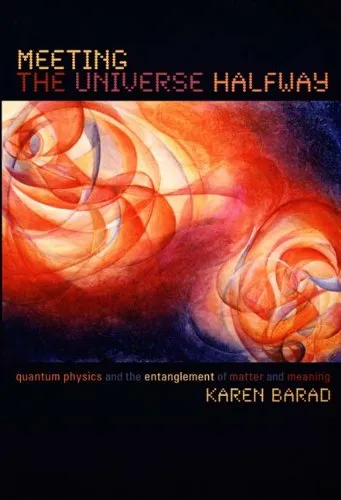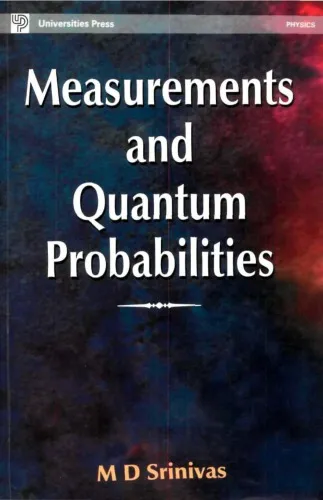Physics and Philosophy: The Revolution in Modern Science.
4.5
Reviews from our users

You Can Ask your questions from this book's AI after Login
Each download or ask from book AI costs 2 points. To earn more free points, please visit the Points Guide Page and complete some valuable actions.Related Refrences:
Introduction
Welcome to the world of 'Physics and Philosophy: The Revolution in Modern Science.' This seminal book by Werner Heisenberg, a pivotal figure in theoretical physics, provides an enthralling exploration of the profound changes in the way we understand nature and reality, brought about by the developments in modern physics. With the advent of quantum mechanics, traditional concepts of reality, causality, and determinism were challenged and transformed. Heisenberg, a key exponent of these revolutionary ideas, invites readers on a reflective journey through the philosophical implications of modern scientific discoveries.
Detailed Summary of the Book
The book delves into the intersection between the abstract world of quantum physics and the philosophical questions that these scientific developments raise. Throughout its chapters, Heisenberg explains the fundamental principles of quantum mechanics and reflects on how these principles fundamentally alter the traditional scientific view of nature. By contemplating the nature of reality, Heisenberg extends beyond the technicalities of physics to question how science shapes human understanding. He addresses topics such as the uncertainty principle, quantum theory, and the limits of human knowledge.
His exploration goes beyond mere scientific narrative to reveal a philosophical dialogue where scientific truths meet their philosophical interpretations. Through rigorous analysis, Heisenberg showcases how quantum mechanics redefined concepts like reality, determinism, and causality while introducing indeterminacy as a central theme. This book serves not only as a scientific exposition but as a profound philosophical inquiry into the nature of truth and the role of science in understanding the universe.
Key Takeaways
- Quantum mechanics challenges classical views of determinism.
- Heisenberg’s Uncertainty Principle alters the fundamental understanding of measurement and reality.
- The interplay between physics and philosophy is critical to grasping modern scientific developments.
- Scientific revolutions influence not only our technological world but also our philosophical outlook.
Famous Quotes from the Book
'The concepts of physics are free creations of the human mind, and are not, however it may seem, uniquely determined by the external world.'
'What we observe is not nature itself, but nature exposed to our method of questioning.'
'Natural science does not simply describe and explain nature; it is part of the interplay between nature and ourselves.'
Why This Book Matters
'Physics and Philosophy' is more than a scientific text; it is a treasure trove of philosophical insight. Its importance lies in its ability to bridge the gap between abstract scientific theories and the deep, philosophical questions about human existence, knowledge, and reality. Heisenberg’s work offers critical reflections that shed light on the philosophical ramifications of science, influencing philosophers, scientists, and scholars across disciplines.
This book is essential for anyone looking to understand how pivotal scientific advancements have altered the course of human thought. It’s a work that challenges readers to rethink the boundaries of science and its implications on the larger questions concerning existence and perception. As universities and scientific discourse increasingly recognize the interdependence between science and humanities, this book stands as a cornerstone of contemporary intellectual thought.
Free Direct Download
You Can Download this book after Login
Accessing books through legal platforms and public libraries not only supports the rights of authors and publishers but also contributes to the sustainability of reading culture. Before downloading, please take a moment to consider these options.
Find this book on other platforms:
WorldCat helps you find books in libraries worldwide.
See ratings, reviews, and discussions on Goodreads.
Find and buy rare or used books on AbeBooks.
1602
بازدید4.5
امتیاز0
نظر98%
رضایتReviews:
4.5
Based on 0 users review
Questions & Answers
Ask questions about this book or help others by answering
No questions yet. Be the first to ask!
